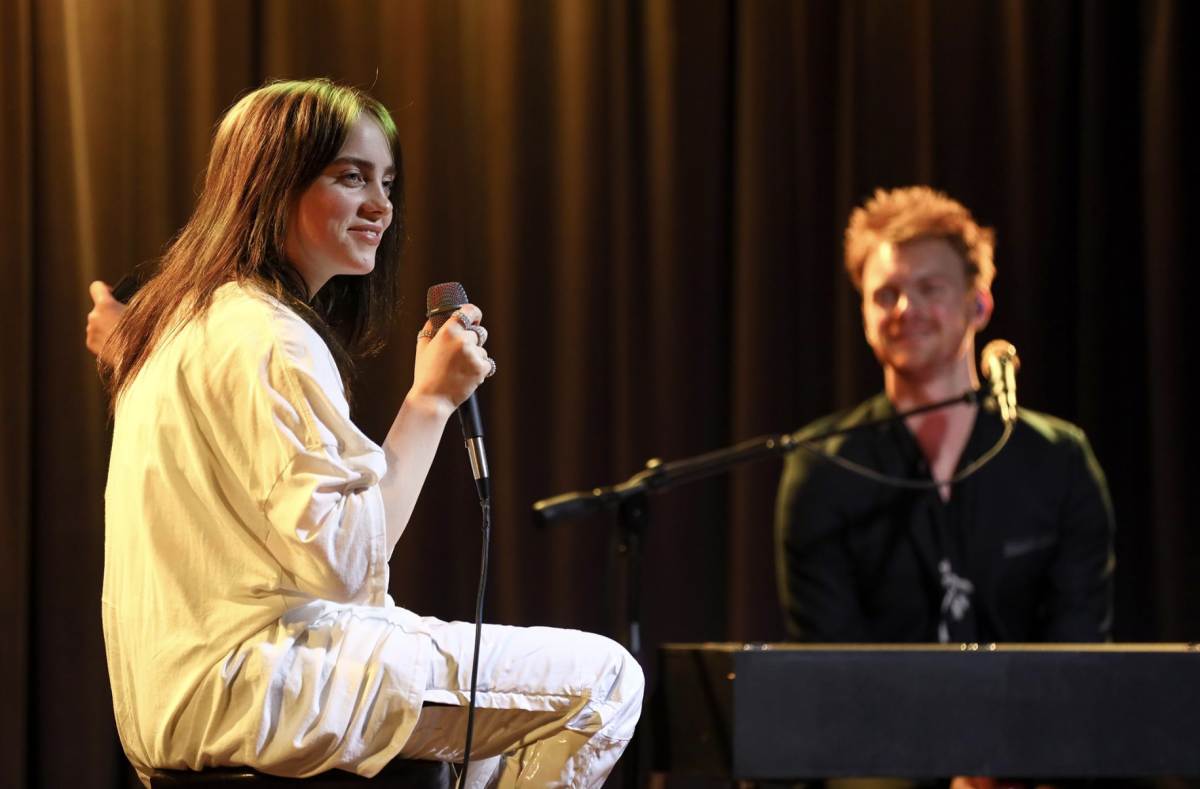
Any fans of experimental music must find a way to be at Pearl Street this Saturday night at 9 p.m. Seminal avant-garde pop band, Deerhoof, is coming to town, supported by their contemporaries, Xiu Xiu. Over the many years of their careers, both bands have distinguished themselves as artists intent on pushing the boundaries of popular music. The opening act is Father Murphy, an experimental trio that incorporates elements of Chinese traditional music. The combination of these three bands on the same stage is something you don’t want to miss.
If you haven’t heard of Deerhoof, chances are that you’ve at least heard of the many bands they’ve influenced: Sleigh Bells, Dirty Projectors, Of Montreal, The Flaming Lips and Sufjan Stevens, just to name a few. After many years of obscurity, Deerhoof is finally being recognized for their pioneering experimental pop, which contrasts hard-edged blasts of noise with infectiously sweet melodies.
Group founders, Greg Saunier and Rob Fisk, began performing under the name of Deerhoof in 1994 after their band Nitre Pit broke up, despite having shows still booked. The duo’s noisy improvisational style developed in large part to the limitations of having only two members, and the time constraint brought on by the previously booked shows.
Since then, Deerhoof has been continually making music, albeit with a constantly evolving lineup of musicians. Fisk left the band in 1999, leaving Saunier as the only original member. A key addition to the band was vocalist, Satomi Matsuzaki, who joined the group despite having no prior musical experience. She has since taught herself to play bass and guitar, and her minimalist, child-like vocals are striking against the group’s often loud, cacophonous instrumentation. On recent albums, she sings in both English and her native Japanese.
Deerhoof is currently a four-piece act. Saunier plays drums, with Matsuzaki on bass and vocals, and John Dieterich and Ed Rodriguez on guitar. All four members have creative input, and are not restricted to the instruments they play on stage.
As Deerhoof’s line up has changed frequently over time, naturally so has their sound. The group has experimented with many different kinds of instrumentation and recording styles. In general, Deerhoof’s records are self-produced, and recording is a low budget, do-it-yourself affair.
The band’s first critical recognition came in 2002, when they released “Reveille” (Kill Rock Stars), which featured a polished, layered sound, made possible by the use of computer sampling techniques. The follow up, “Apple O’” (Kill Rock Stars, 2003), saw a return to live recording that was more organic and guitar-based.
In 2004, Deerhoof released “Milk Man”, another deviation for the band musically. The album featured lush orchestration put together with a piece-meal recording style; all the different instruments were recorded at separate times.
“The Runners Four” was another critical breakthrough for the band. At 20 tracks, the album was far longer than anything the band had released previously. It also marked a return to live-production. The record placed number 6 on Pitchfork Media’s best of 2006 albums list.
After releasing “Friend Opportunity” in 2007, Deerhoof released “Offend Maggie” (2008), the bands most recent album. It’s also their first record with Rodriguez; the guitar interplay between Dieterich and him is one of its main focuses.
Deerhoof is now considered among the pioneers of the do-it-yourself ethos that has dominated independent music culture in the past decade. They have influenced countless bands, and have toured with the likes of Radiohead, Sonic Youth, Wilco, the Flaming Lips, and the Roots.
According to the bands website, they have recorded a new album over the summer, which is currently in the mixing stage.
The show is Saturday at 9 p.m. in the Pearl Street clubroom. Tickets are $13 in advance and $15 at the door.
Andrew Cogan can be reached at [email protected].






